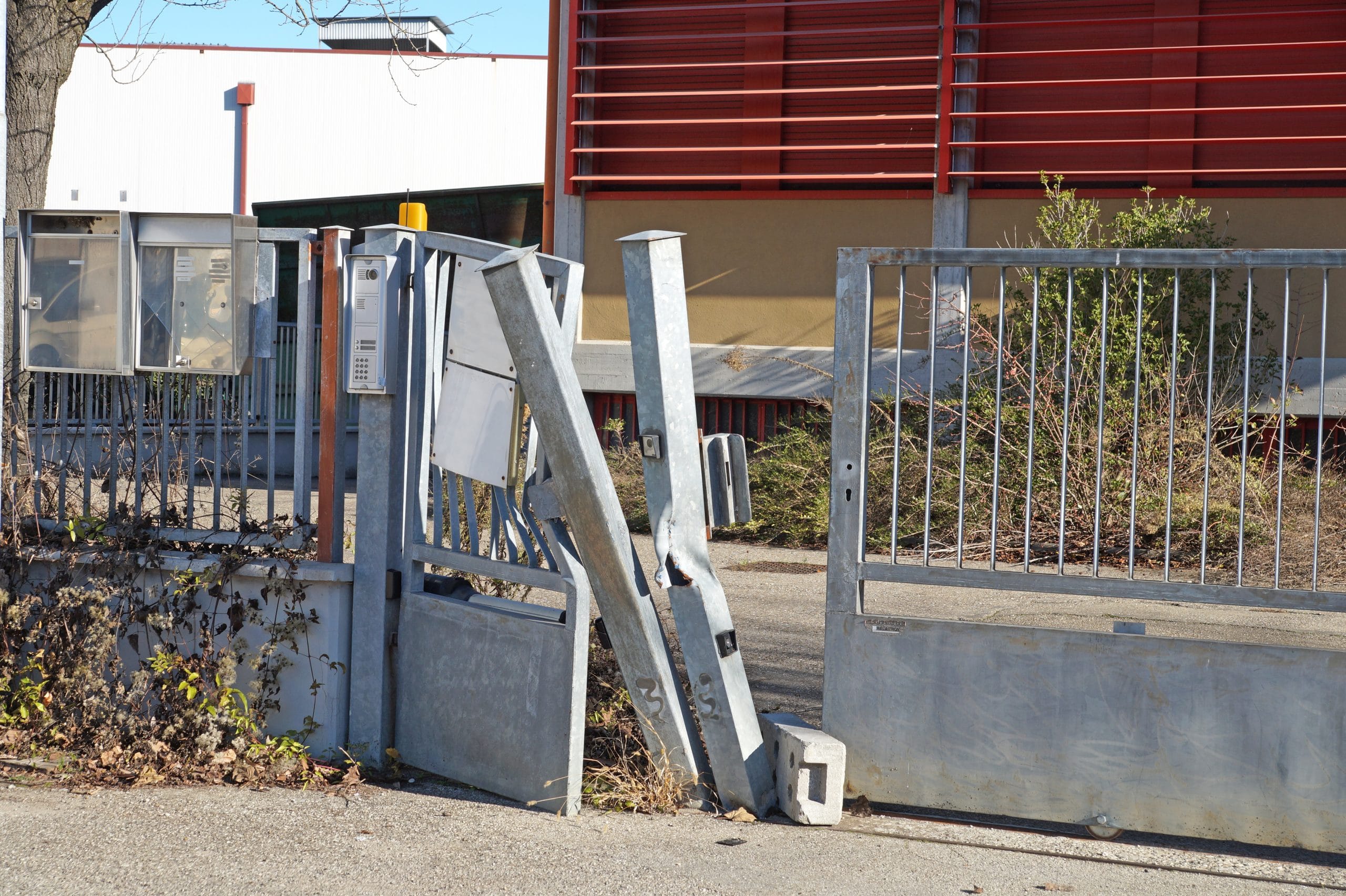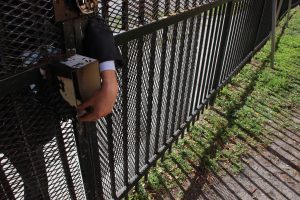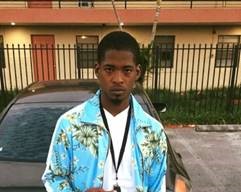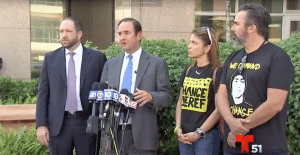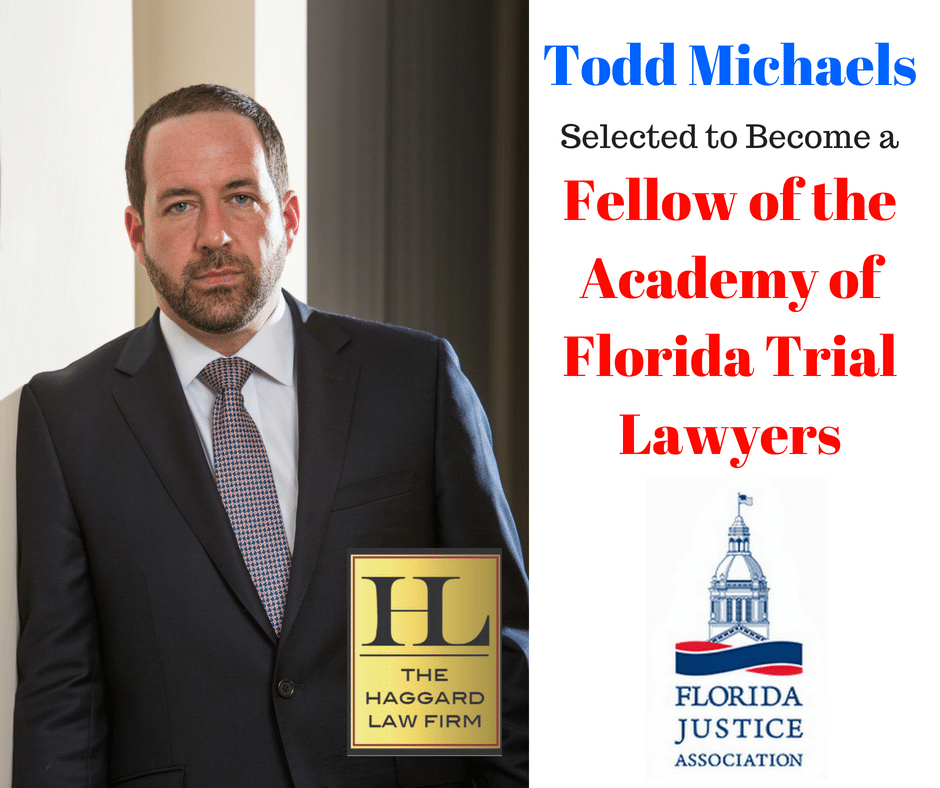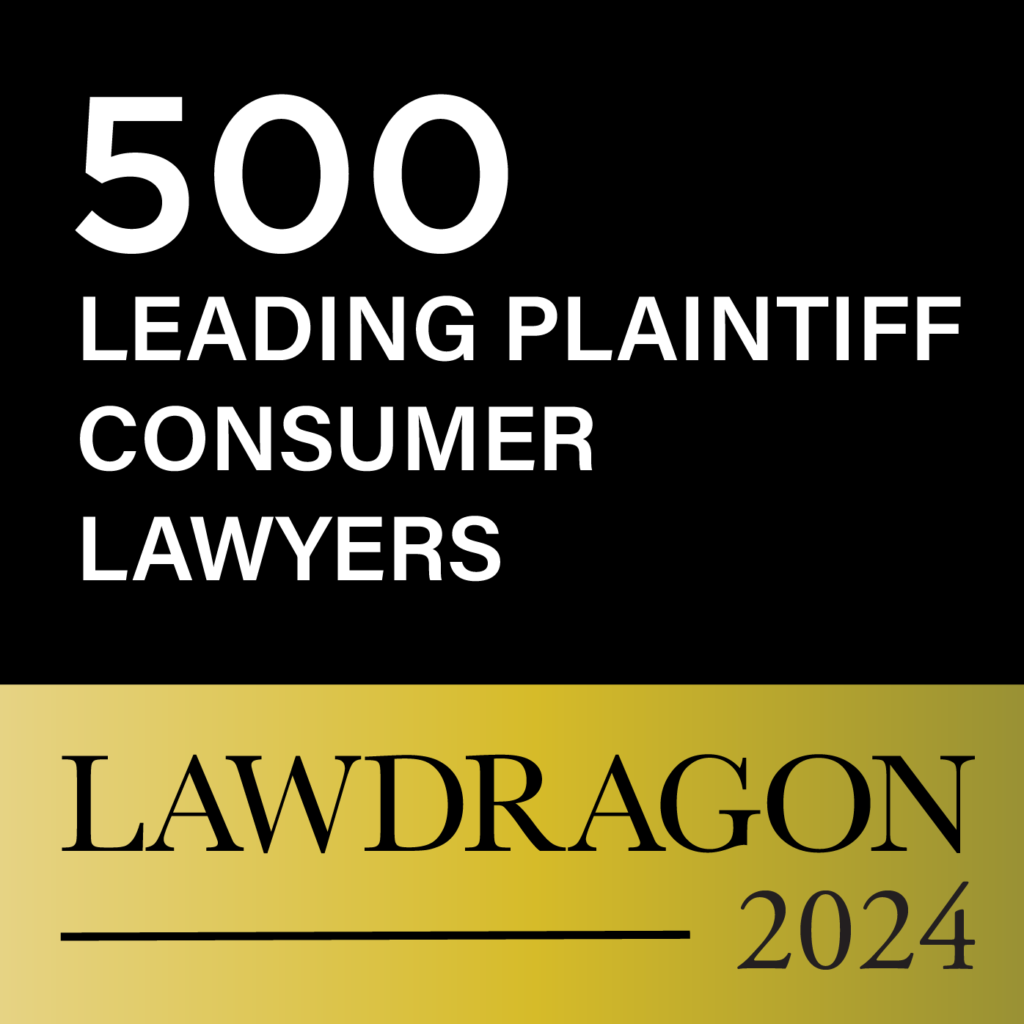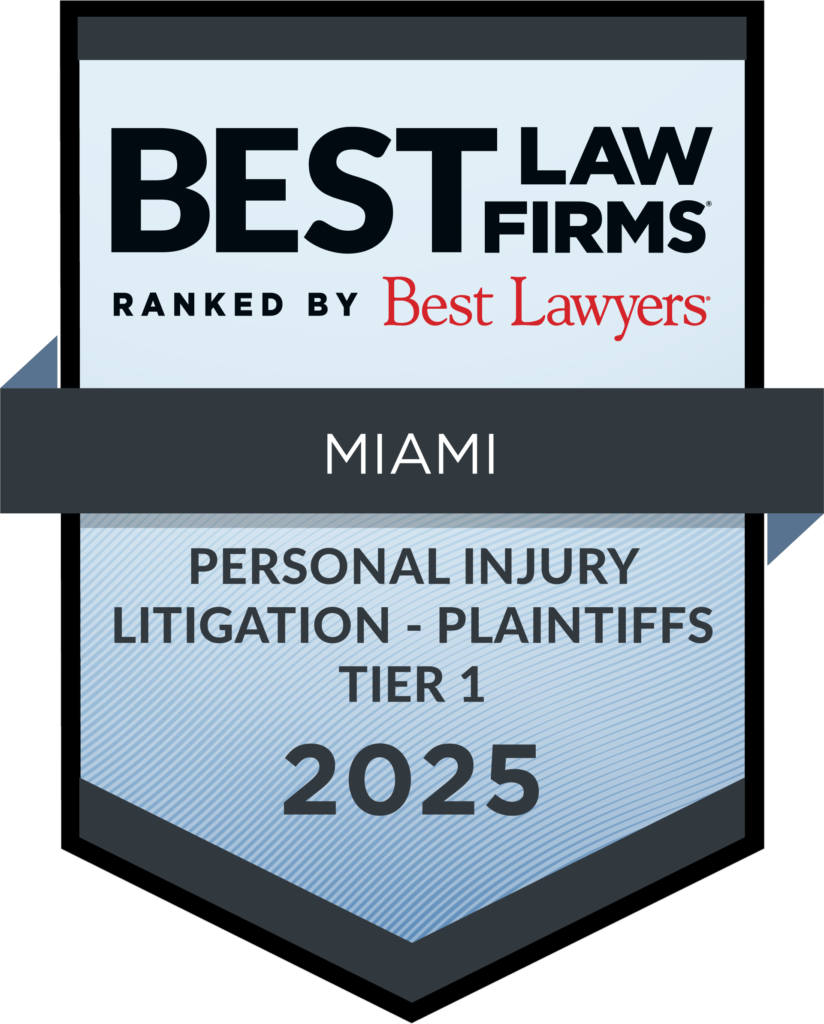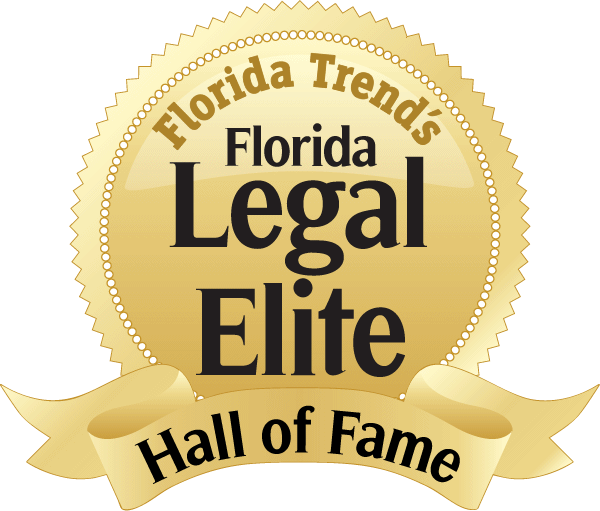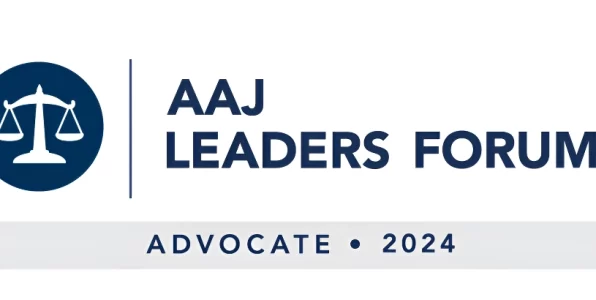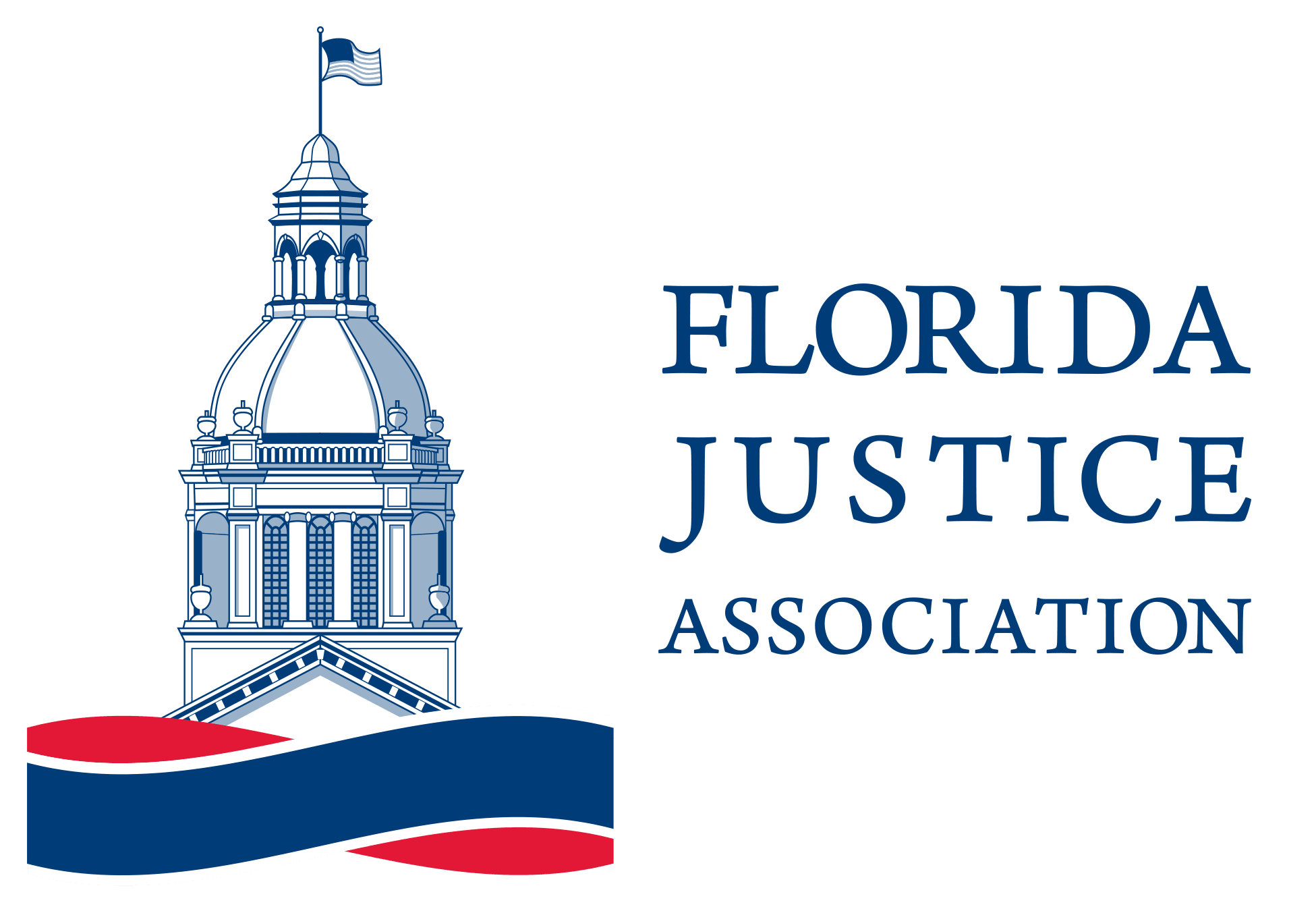Mothers of Victims to Discuss New Lawsuits Against Miami -Dade County School Board On Behalf of Teenagers Sexually Assaulted By Middle School Teacher
This is the first time these mothers have spoken out.
Miami, FL – A lawsuit was recently filed against the School Board of Miami-Dade County on behalf of a teenage female victim (Jane Doe) who was sexually assaulted by former Brownsville Middle School physical education teacher Wendell Nibbs.
Beginning in her 6th grade school year and continuing through the end of her 8th grade school year at Brownsville Middle (2013 through 2016), Nibbs sexually harassed, sexually assaulted and raped Jane Doe. The assaults and rape occurred on school premises. Nibbs also sent Jane Doe sexually explicit photographs of himself.
The mother of Jane Doe will be joined by the mother of Jan Doe at a press conference to be held Monday January 7, 2019 outside of the Miami-Dade County School Building in downtown Miami.
In 2016, while in 8th grade, Jan Doe was sexually harassed, assaulted and discriminated against (on the basis of her sexual orientation) by Nibbs on school property. Jan Doe’s lawsuit will be filed later this month.
Pedro Echarte of The Haggard Law Firm and Aaron A. Karger of the Law Offices of Aaron A. Karger represent the victims and say they will also file a third case against the School Board on behalf of another victim. The attorneys say the school and School Board were well aware of Nibbs’ inappropriate and illegal behavior, as well as the risk he posed to young female students, and did nothing about it. The attorneys believe there may be other victims, suffering in shame and silence.
Between 2004 and 2016, Nibbs had been accused by at least six different female middle school students of making inappropriate sexual comments, engaging in inappropriate physical contact of a sexual nature, and sending or showing them sexually explicit photographs. Despite these separate accusations Nibbs was permitted to remain at Brownsville Middle as a teacher.
PRESS CONFERENCE DETAILS
*The mothers of both victims are requesting that their faces and distinguishing marks do not appear on camera.
Date: Monday, January 7, 2019
Press Conference start: Noon
Location: Outside the Miami-Dade County School Board Building- Downtown, 1450 NE 2nd Ave, Miami, FL 33132
Press Conference Speakers:
- Pedro Echarte, The Haggard Law Firm
- Aaron A. Karger, Law Offices of Aaron A. Karger
CONTACT: J.P. HERVIS, 305.321.4293, JP@BrandstoryCommunications.com

